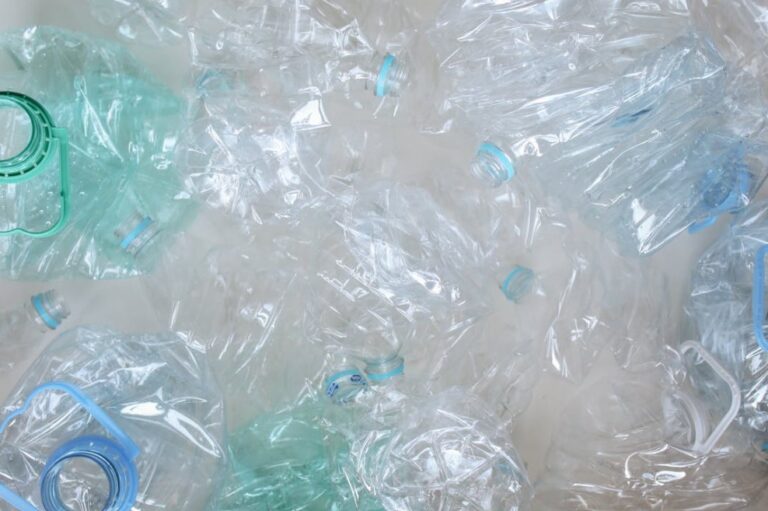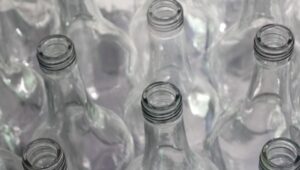In this article we will understand together what is meant when we talk about recyclable. Since we live in a society that is increasingly attentive to respect for the Planet, in everyday life, everyone tries to implement ‘good practices’ for correct waste recycling management.
In this context, specific terms and expressions are increasingly used, such as circular economy, biodegradable material, separate waste collection. In order to adopt increasingly sustainable behaviours, it is essential to know the precise meaning of these terms.
Table of Contents
What does recyclable mean
Recyclable is a type of waste which, after having been subjected to appropriate and adequate processing, can be reused in new production processes. Glass, plastic, wood, paper and aluminum are recyclable materials. Precisely because of this potential, it is essential to correctly separate waste, carrying out the sorting correctly and consciously.
A recyclable material allows you to transform waste products into a resource, giving them a second life and at the same time reducing the materials destined for landfill. The regeneration of materials is an important step forward towards a circular economy.
At the basis of the correct recycling of the aforementioned materials, there must be a correct and conscious operation of separate waste collection, thanks to which it is possible to transform these waste elements into a resource, giving them a new life and at the same time reducing waste destined for landfill.
The main recyclable materials are paper, plastic, glass, aluminum and cardboard.
What type of plastic is recyclable
Plastic is one of the main recyclable materials. However, not all plastics are recyclable. To clarify this matter, we must start from a specific classification of plastic materials.
The easiest plastic materials to recycle are:
- PET (polyethylene terephthalate)
- PE (polyethylene)
- PVC (polyvinyl chloride)
Having said this, let’s now give some practical examples to understand which plastic objects are recyclable.
They are recyclable:
- bottles
- food trays
- shopping bags
- jars
- bags containing pasta, frozen products, sweets, chips, etc.
- transparent food film
- dispenser (of liquid soap, detergents, etc)
- packaging for the protection of transported goods, such as polystyrene, cellophane, bubble wrap.
What is not recyclable
What is not recyclable in any way is called “dry waste” or “unsorted”. In this case, such waste must be placed in the appropriate bags for undifferentiated waste or taken directly to the landfill.
- toys
- vases and saucers
- sanitary pads and diapers
- kitchen tools and utensils
- pen and markers
- syringes
- cotton swab
- furnishings and appliances
- eyeglasses
- coffee pods
- ceramic
- tax receipts
- dirty paper
- CD/DVD
- ash and cigarette butts
- dust
- packaging and waste soiled with food residues
- bulky waste
- objects made of multiple materials that cannot be easily separated.
Read also: The 7 best examples of zero-waste cities around the world












